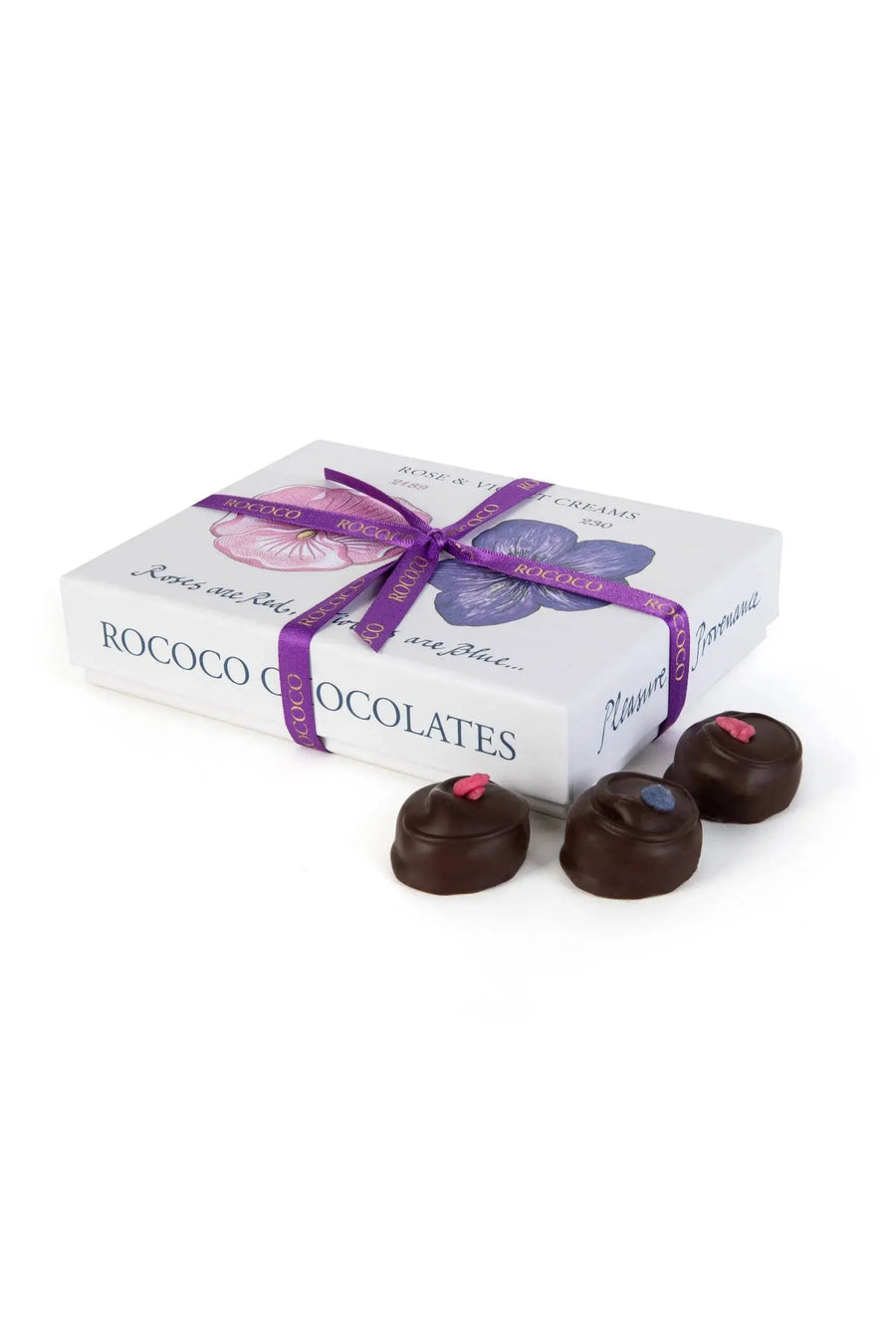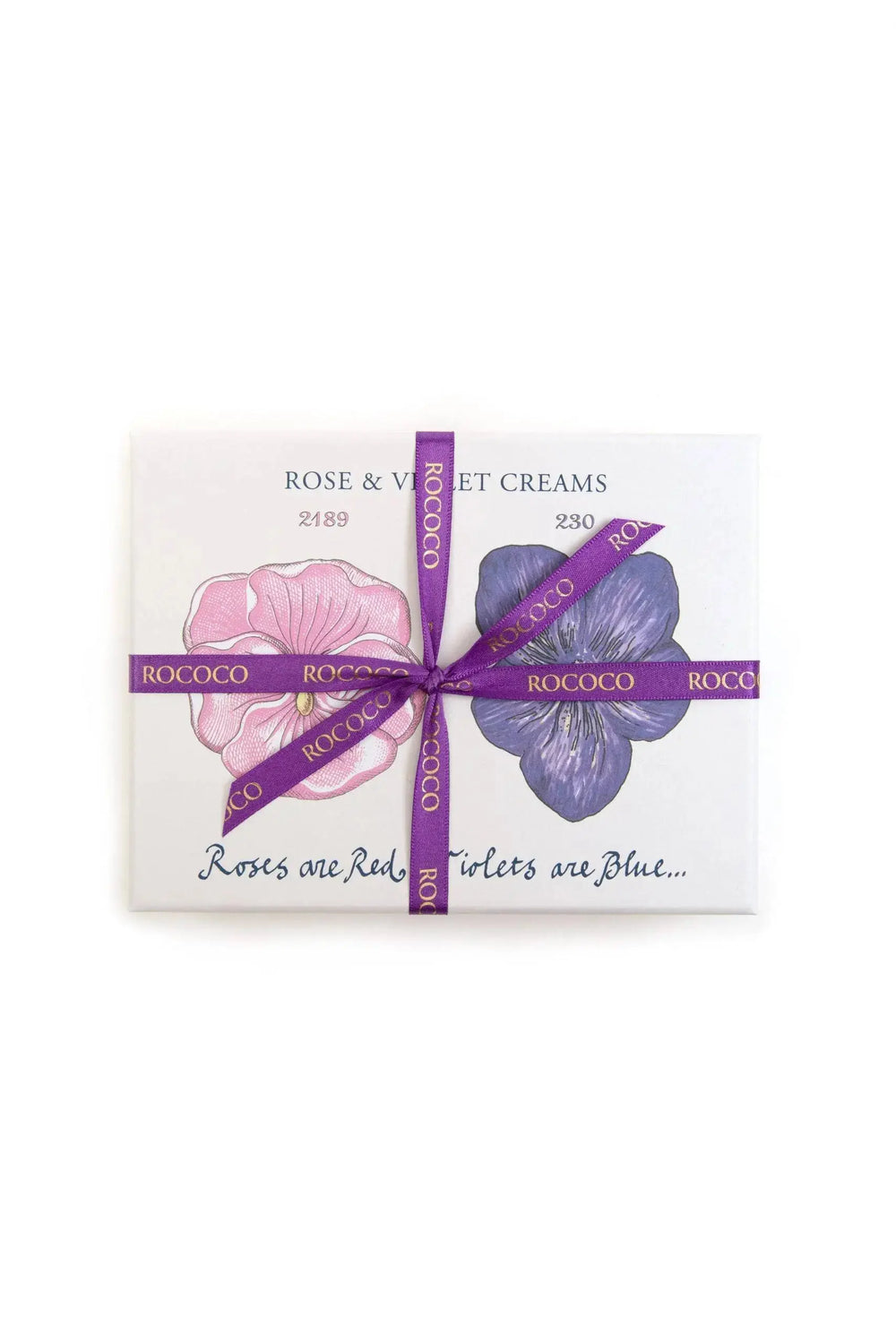Everyone Can Help Save the Bees
Bees were in the news a lot last winter, when large numbers died, but why? Does it really matter if there aren’t as many bees?
Well, yes. Bees are vital pollinators, necessary for both crop production and wildlife biodiversity. They’re a key part of the food chain and we rely on them to have a plentiful supply of fruit and vegetables. In fact, Friends of the Earth say that, ‘a 2012 study showed it would cost farmers £1.8bn a year to replace the pollination service bees provide for free’.
A report by Reading University for Friends of the Earth cites intensive farming practices and a loss of habitat from urban development as major reasons for the decline in bee numbers. The agricultural industry is taking some steps to protect bees, but their future isn’t just reliant on the actions of big corporations.
Bees need normal people to take action to save them, and here are 5 ways we can all help.
1. Plant bee-friendly flowers
August to October is the best time to plant wildflower seeds, so it’s not too late to start now! Daisy-shaped flowers including sunflowers, tall flowers like larkspurs, the allium family, flowering herbs, apple trees, bell-shaped flowers like bluebells, mint and poppies and are all good choices. The British Beekeepers Association has a handy guide, and a quick search online will tell you which flowers are most suitable for your garden or soil type.
If you have a large garden you could section off a wildflower meadow area. You don’t need a big garden to help though, a small patch of garden or even a few wildflowers in pots and window boxes is a good start. You can buy plants or seeds from any garden centre or online, or send a donation to the Soil Association in return for a packet of bee-friendly seeds. Donate £15 to Friends of the Earth’s Bee Cause campaign and you’ll get a Bee Saver kit with a packet of wildflower seeds, a garden planner, a guide to bee species and a guide to helping bees, and you can send the kit as a gift.
2 Stop clearing the garden
When we think of bees, we think of honey bee hives. Bumblebee colonies are usually much smaller though, perhaps 50 bees, and your garden could be an ideal home. Many species like to nest in the ground, tussock grass, leaf piles, compost heaps, shaded corners, under the shed or even on the ground. Solitary bees, which live alone or in loose communal groups rather than colonies, can also use smaller cavities like holes in dead wood and walls or empty flowerpots. Bees need safe, dark (generally dry) places to live and, in the case of queen bees, hibernate.
You can help bees simply by being a bit lazy in the garden. If you have clovers and daisies in your lawn, consider cutting it less often as these flowers provide food for bees. Rather than clearing fallen leave, just move them into a pile in the corner, or maybe leave the odd flower pot on its side in a quiet place for nesting. Hidey holes and ground leaf cover in the garden also help to shelter other pollinators from predators and provide them with hibernation spaces.

3. Provide bee houses
Insect houses are an easy way to provide bee habitats. We like the ones made by Edinburgh-based Wudwerx.
3. Buy local honey
For Londoners, The Hive Honey Shop in Clapham Junction stocks a wide variety. Look out for London Honey Company, Regents Park Honey, Urban Bees and Capital Bee. Some of these small companies sell honey at local farmers’ markets and Borough Market.
If you live outside of London try your local independent deli or search online. Be aware that it might be difficult to get hold of some local honeys at the moment though because the weather was so bad last year, but by buying from small producers you will enable them to continue their good work.
4. Provide water
Birds, bees and other pollinating insects need to have water readily available, so to encourage them to make your garden their home by providing a place for them to to drink. A wide, shallow bowl or birdbath works best. Just remember to fill the bowl every time you’re in the garden or watering your houseplants and window boxes.
5. Help others who help bees
There’s Bee Collective, a social enterprise working with and for London’s beekeepers to process their honey. They helped Chantal to make her honey, and are are looking for items from printer paper to a bicycle trailer and volunteers to do anything from honey extraction to database management. Take a look for other beekeeping charities or social enterprises in your area that need help, or community/gardening groups who might plant a wildflower meadow.
There’s also Honey Club From Wolf Olins and Global Generation, whose mission is to expand beekeeping communities in urban spaces. They run events for people interested in honey and bees, including workshops for cooking with honey and making things with wax and talks on guerilla gardening and improving beekeeping with technology. It’s a good place to start meeting other people interested in bees and to learn more about what you can do to help.



